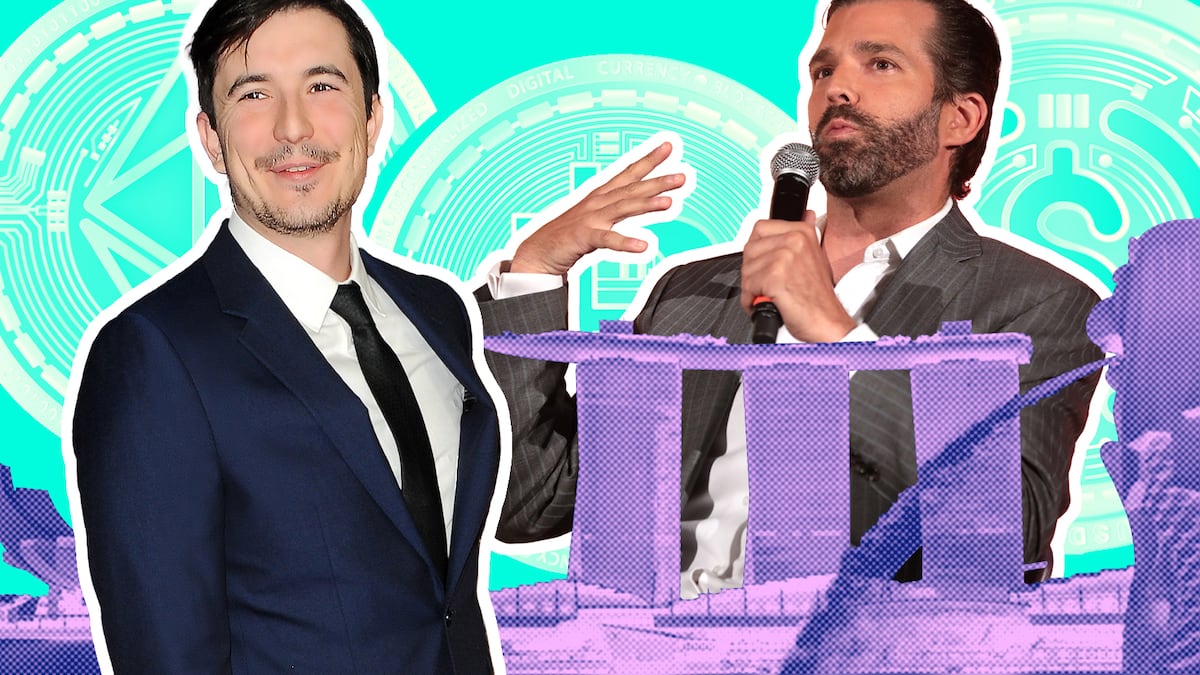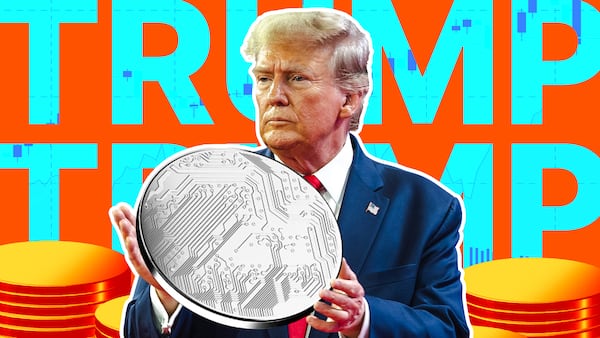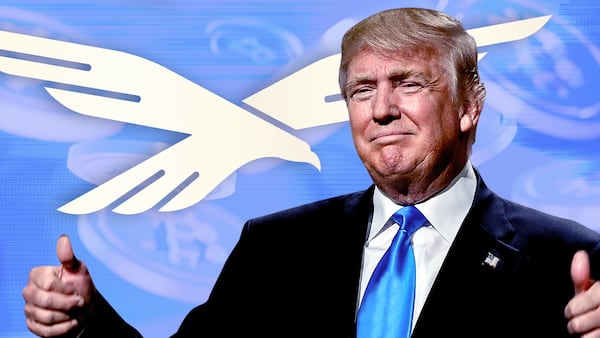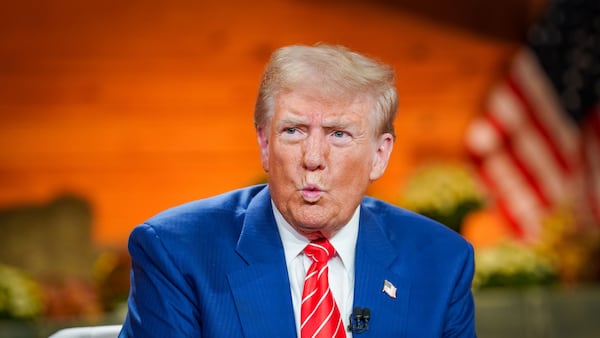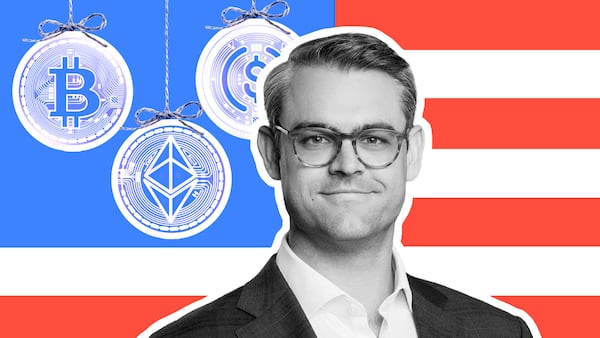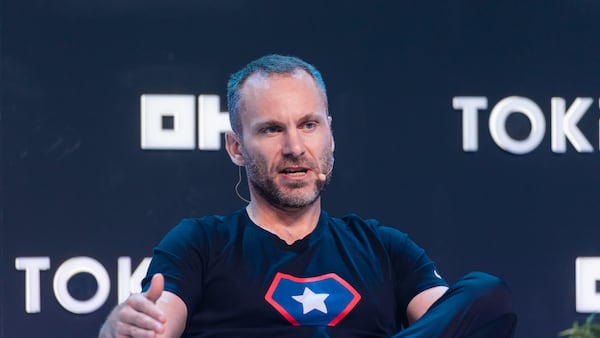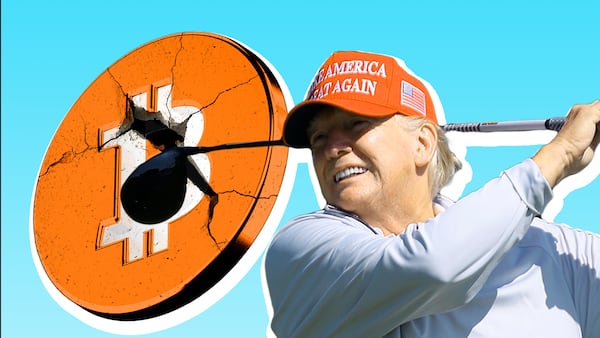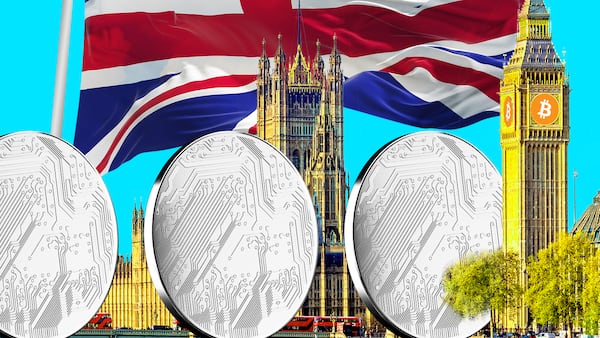- Token2049 hosted 25,000 enthusiasts and crypto executives in Singapore.
- The industry revels in the world’s largest economy flipping bullish on crypto.
- Yet, it’s still navigating some of its more unusual use cases.
Token2049 highlighted the state of flux the crypto industry finds itself in.
Over the course of a week in October, some 25,000 visitors descended on Singapore for over 300 side events for a World’s Fair for digital finance.
Token2049 attendees mingled with Wall Street banks, fintech giants, and sanctioned Russian entities, as well as actors from the Squid Game, influencers, former White House staff members-turned-crypto executives, and members of US President Donald Trump’s family.
There’s plenty to celebrate, too. Namely, the arrival of the world’s largest economy.
‘It’s easy to be the rebel, but now that we won, we now have to lead as an industry.”
— Charles Hoskinson, the founder of the Cardano network.
Having long been criticised as a hotbed for those playing fast and loose with financial regulations, the industry is now being regulated and drawing the attention of political powerhouses and Wall Street giants alike.
“It’s easy to be the rebel, but now that we won, we now have to lead as an industry,” Charles Hoskinson, the founder of the Cardano network and development firm Input Output Global, said on stage.
“Now that we’re in the room, what do we tell them?”
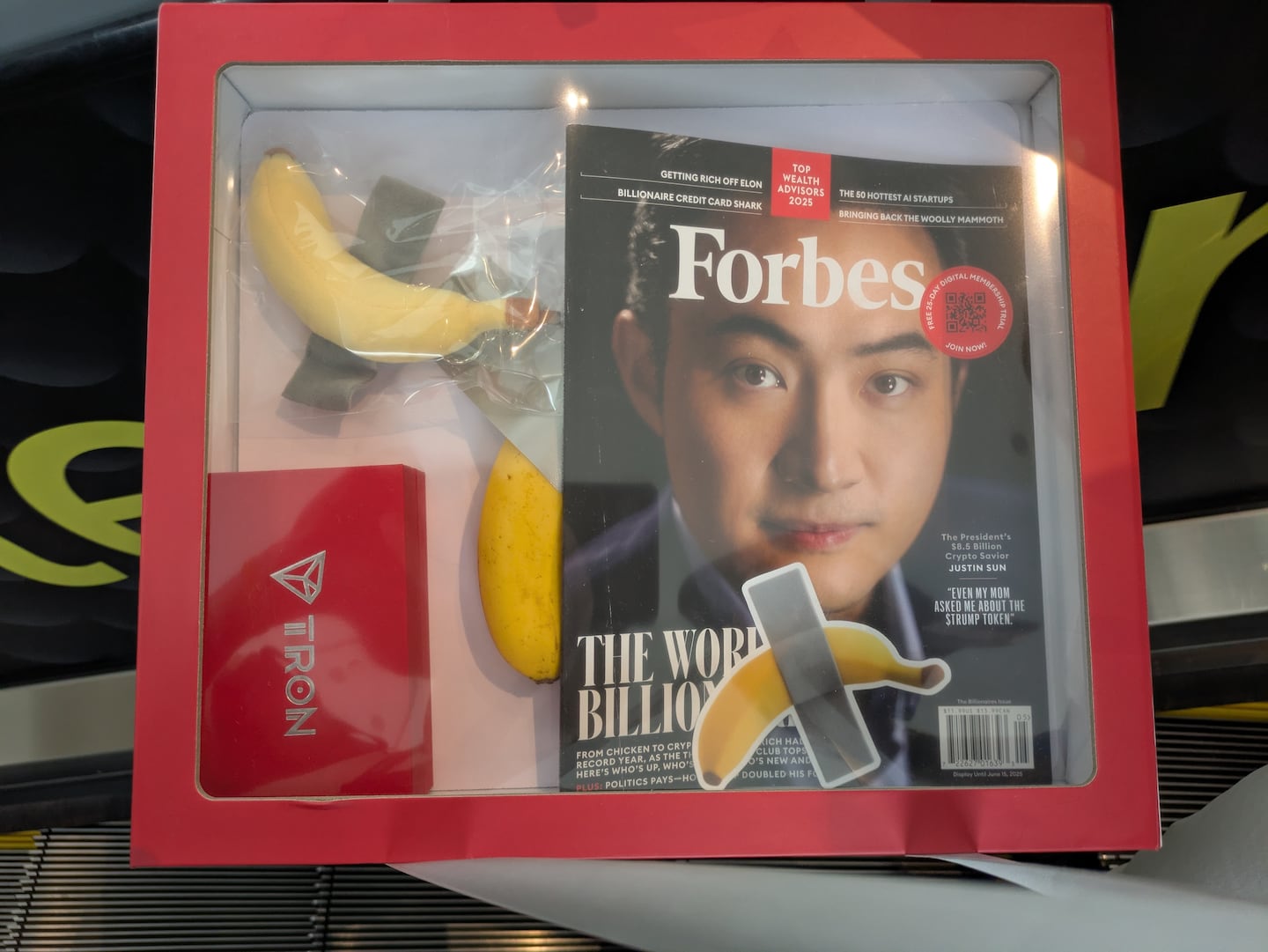
While other countries have already warmed to crypto, the US developments “get outsized attention because it’s the largest financial market in the world,” Chengyi Ong, head of APAC public policy at Chainalysis, told DL News.
“Over a very short time period, we’ve seen this sharp swing from a hawkish to supportive regulatory climate, which has opened the door to pent-up institutional demand to engage with crypto,” she said.
Billions in open interest
American institutions have so far responded in dramatic fashion.
“Crypto is hot,” Tim McCourt, global head of equities, FX and alternative products at CME, said on October 1.
“We are seeing record open interest and record trading volume.”
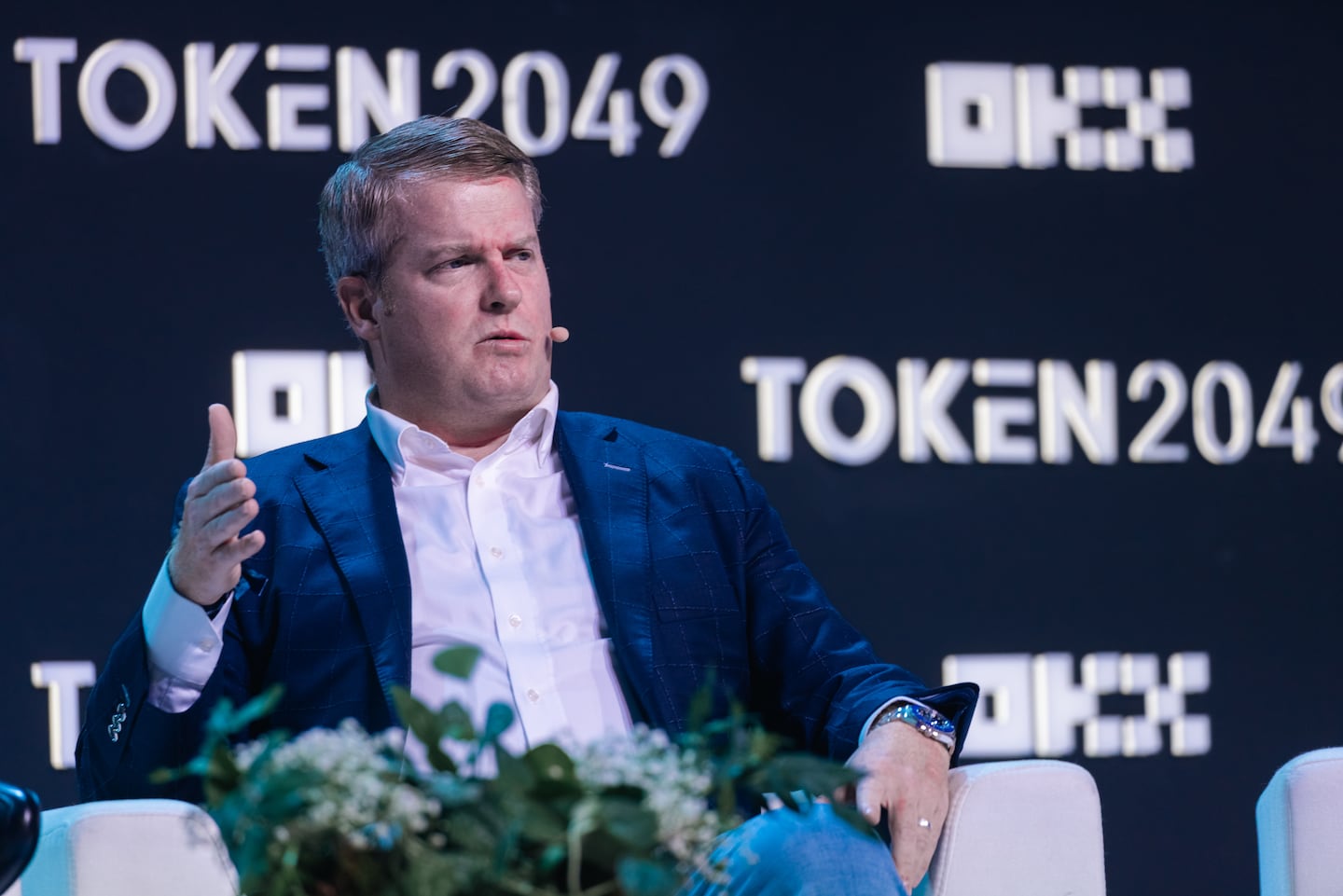
McCourt said that the firm was recording an average open interest — the total number of outstanding trades that haven’t settled — of $35 billion per day throughout the third quarter.
Sebastien Badault, enterprise lead at France-headquartered crypto wallet provider Ledger, is finding himself in New York more than ever. Ledger Enterprise is a white label solution for hedge funds and family offices to manage digital assets in a self-custodial manner.
“We do a lot of stuff on Zoom, but at the end of the day, especially in the US, especially in New York, where the financial industry is so strong, you just need to be there,” Badault told DL News.
It’s also raising the competition for many crypto-native incumbents.
“The margin per trade is definitely diminishing,” Yoann Torpin, the co-founder of crypto market maker Wintermute, told DL News. “But the function of the growth in the space more than compensates for the lower margins.”
World Liberty Financial
While the crypto industry at large has profited from the opening of US markets, so, too, has the Trump family.
Today, the first family, led primarily by the president’s sons, Eric and Donald Jr., command three different crypto ventures, including a Bitcoin mining firm, a Trump memecoin, and a decentralised finance project called World Liberty Financial.
World Liberty Financial also launched a dollar-pegged stablecoin called USD1, which is now worth more than $2.6 billion, according to CoinGecko.
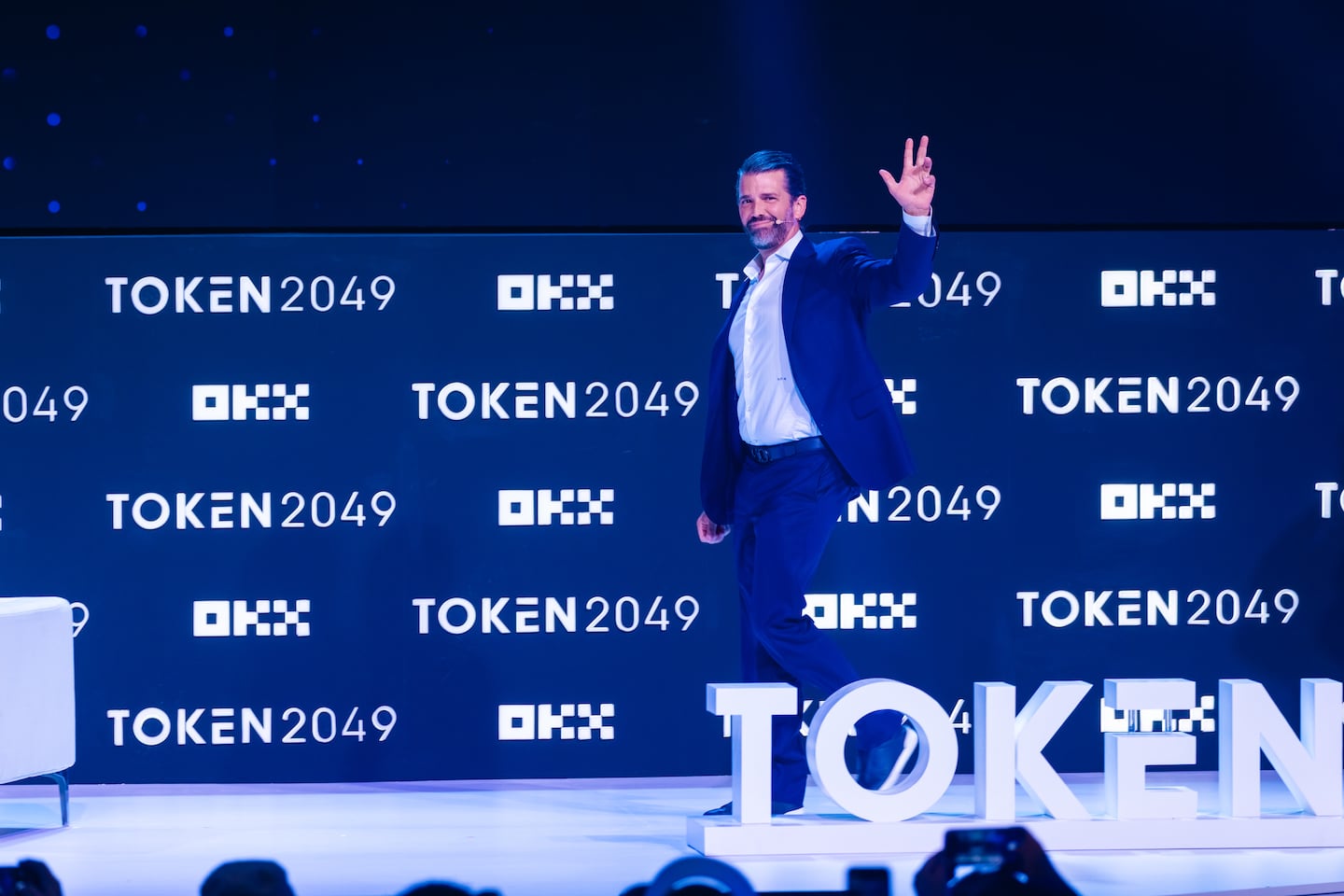
Given the proximity to the White House and the pro-crypto regulations sweeping the industry, politicians have called the intertwining of the Trump family’s crypto empire a clear conflict of interest.
“The first 100 days of Donald Trump’s administration have been rife with conflicts of interest,” US representative Gerry Connolly told DL News in May. “It is open corruption.”
Trump’s deputy press secretary told DL News that “President Trump’s assets are in a trust managed by his children. There are no conflicts of interest.”
On Token2049’s main stage, David Wachsman, CEO of the communications firm Wachsman that also represents World Liberty Financial, sought to address the topic to a packed audience.
“World Liberty is not a political organisation, is that true?” Wachsman asked Donald Jr. and Zach Witkoff, CEO of World Liberty Financial and son of US special envoy to the Middle East, Steve Witkoff.
Steve Witkoff and President Trump are both co-founders emeritus of World Liberty Financial.
“We are not a political organisation,” said Zach Witkoff. “But, yes, we think President Trump is the greatest president to ever exist in the history of the world. He has single-handedly saved the crypto industry from the people who wanted to ruin it.”
A7A5
More startling was the conference booth for A7A5, a ruble-denominated stablecoin that US and British authorities alleged has been used to evade international sanctions placed on Russia since its invasion of Ukraine in 2022.
Authorities in the UK and the US also sanctioned several companies they alleged were behind A7A5 in August.
As of July, A7A5 hosts roughly $1 billion in transfers per day, according to analytics firm Elliptic.
Neither Hong Kong, where the company behind Token2049 is established, nor Singapore has sanctioned the entity.
Token2049 and A7A5 did not respond to requests for comment.
Individuals could even receive a massage from A7A5 in exchange for sharing their crypto address, an attendee told DL News.
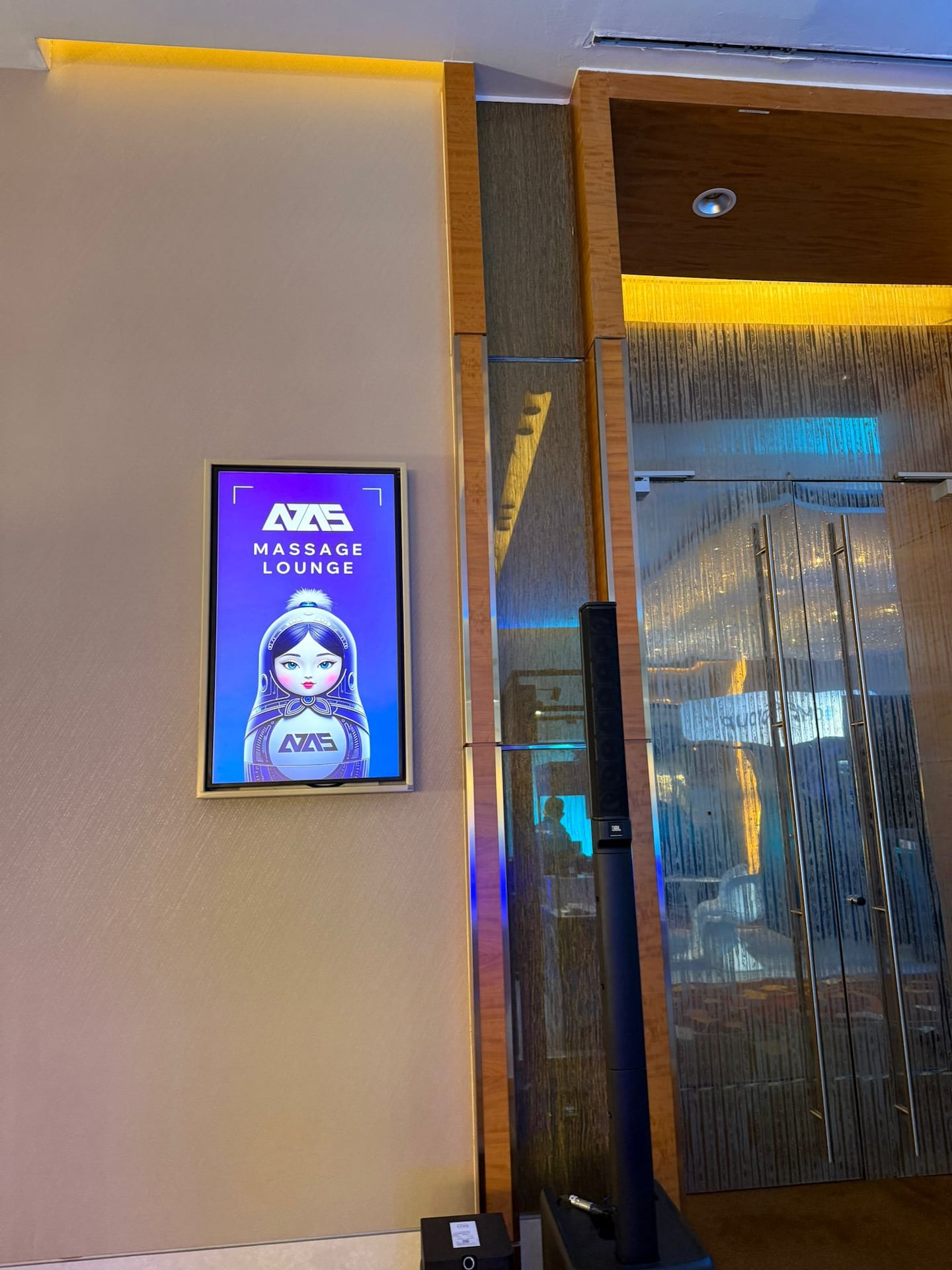
DL News has granted the attendee anonymity, given the implications of interacting with an entity sanctioned by the US.
Stablecoins and tokenisation
The world’s largest fintech firms are keenly incorporating crypto features into their platforms.
John Wang, Kalshi’s new crypto lead at Kalshi, said crypto will play an “essential” part in the prediction market’s future.
Likewise, Vlad Tenev, founder of trading app Robinhood, described tokenisation as a “freight train” that will disrupt the entire financial system.
Johann Kerbrat, the senior vice president and general manager of Robinhood Crypto, says digital assets play an increasingly important role at the company.

Especially in Europe via Bitstamp, Robinhood’s recently acquired crypto exchange with deep ties on the continent. It, too, is launching a crypto-as-a-service for companies looking to offer digital assets to their customers.
“You’re going to start seeing a lot of institutions that want to offer crypto to the customer, but the complexity of running a crypto platform is so significant that being able to use this white label platform will be a lot faster,” he told DL News.
The passage of the Genius Act in July, landmark stablecoin legislation legalising digital dollars on a blockchain, has also prompted crypto heavyweights, such as Tether, to accelerate their efforts to expand in the US.
Long excluded from the US, the $174 billion stablecoin USDT is quickly capitalising on a friendlier regulatory shift in the US.
With the announcement of USAT, its soon-to-be-launched stablecoin for the American market, the company wants to merge larger US institutions with Tether’s enormous footprint in less developed economies.
“We have an incredible opportunity to now introduce a lot of the traditional financial players to emerging markets, creating seamless corridors and interoperability between USAT and USDT,” Bo Hines, CEO of Tether US and former White House executive advisor on crypto, said on stage.
Long excluded from the US and described as “a preferred choice” for fraudsters in East and Southeast Asia by the United Nations, Tether’s splashy return to American soil is indeed a sign of the times.
Crypto may have won, according to Hoskinson.
Now what?
Liam Kelly is DL News’ Berlin-based DeFi correspondent. Have a tip? Get in touch at liam@dlnews.com.


